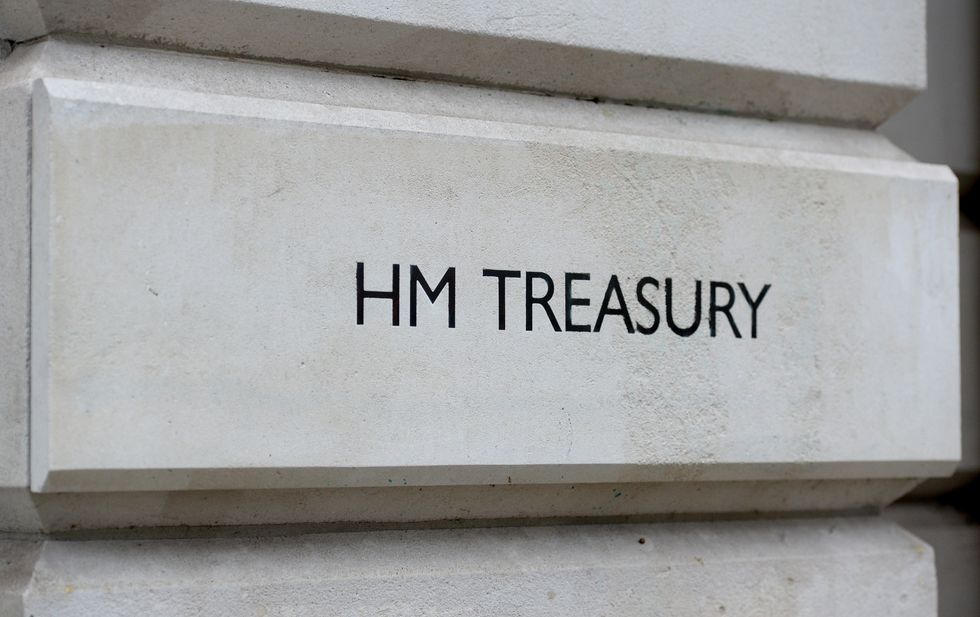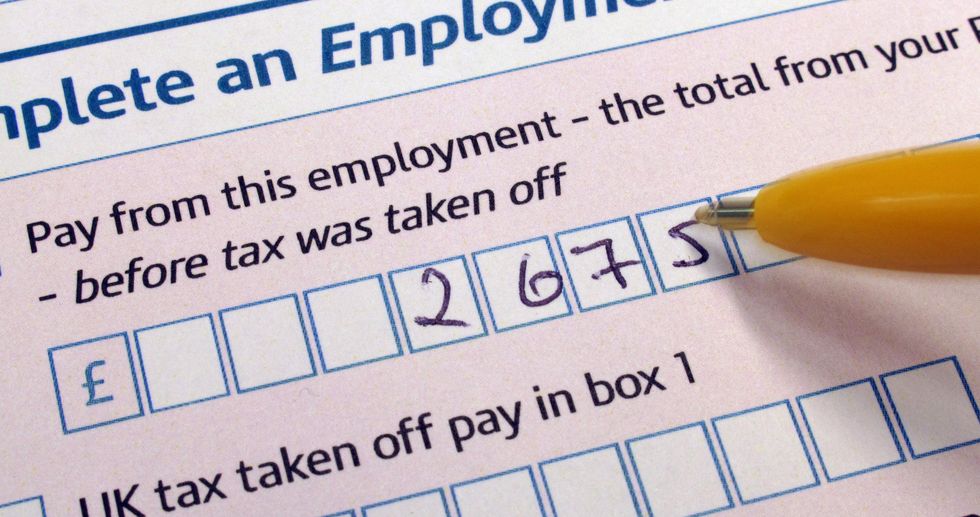Capital gains tax warning: Brits have just two months left to avoid Jeremy Hunt's huge stealth tax raid

It is estimated that 5.5 million Brits will be made to pay 40 per cent on their income tax | Jordan Pettitt

Jeremy Hunt froze both the basic income and higher tax incomes until 2028
Don't Miss
Most Read
Brits have been warned that they only have two months to avoid a huge stealth tax raid by Jeremy Hunt.
As the end of the financial year closes in, people have been urged to use their tax breaks as soon as possible.
Jeremy Hunt froze both the basic income and higher tax incomes until 2028, he also cut the additional rate 45 per cent income tax band.
Where as it used to be £150,000 it is now £125,140 which means anyone earning between the old threshold and the new one will lose an average of £621 a year.
Brits have been warned that they only have two months to avoid a huge stealth tax raid by Jeremy Hunt.
Kirsty O'Connor
According to Treasury figures, an extra 232,000 people will be paying the top rate of income tax from April.
Inheritance tax nil rate bands were also frozen until 2028 while the capital gains tax and dividend allowance limits will be cut from April 6.
It is estimated that 5.5 million Brits will be made to pay 40 per cent of their income, as an increase in pay pushes them over the threshold.
Personal finance analyst at Bestinvest, Alice Haine, suggested it may benefit some to ask their employers if they could have their salary dropped so that they do not hit the threshold.
She told the Express: “Ask your employer if it will reduce your salary or any bonus payments and pay the money as increased pension contributions instead."
The employer and employee will also pay less national insurance as a result, it will also boost pension pots.
However, it could result in difficulty obtaining a mortgage and reduce employee benefits such as holiday, sick and maternity pay.
The tax-free ISA allowance remains at £20,000, Haine also urged people to use up the remaining limit on their ISA before April or lose the tax free benefit.
According to Treasury figures, an extra 232,000 people will be paying the top rate of income tax from April.
PA
Elsewhere, the Government will reduce the tax-free allowance for dividend income from £2,000 to £1,000 from April.
It will then be reduced to £500 from April 2024 for individuals who receive dividend income.
Explaining the policy the Government said it was to support their objective of “putting the public finances on a sustainable path in a way that is fair, with everyone contributing a little and those on the highest incomes taking on a larger burden.”
Dividend income of shares above the new amount is taxed at 8.75 per cent, 33.75 percent or 39.35 percent, depending on the tax bracket.
Those who are married to someone on a lower income tax could transfer their shares to their partner to reduce the bill.
There is no tax on interspousal transfers.












